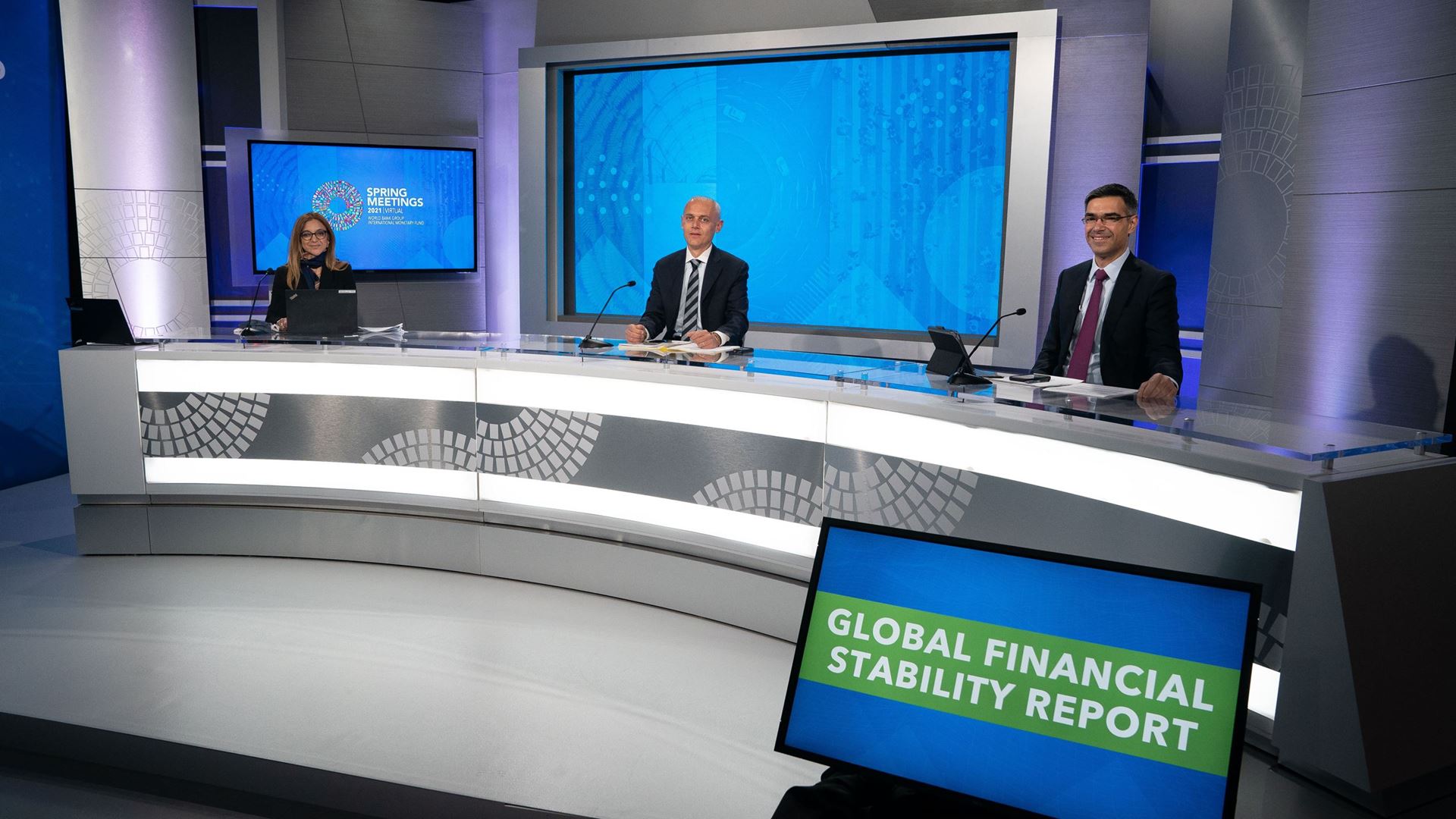The IMF says that countries should continue to keep money and financial policies loose while the global economy is rebuilding steam in it’s Global Financial Stability Report Tuesday (April 6).
“The global economy is beginning to emerge from the economic shock caused by the Covid-19 virus. The economy has benefited from extraordinary policy measures that have eased financial conditions, preventing a deeper economic downturn. But those actions may have unintended consequences,” said IMF’s Tobias Adrian at a news conference in Washington, DC.
But he warned that regulators should continue to be vigilant.
“Valuations for risk assets have become stretched. Financial vulnerabilities have intensified. Continuing policy support remains necessary, but a range of policy measures are needed to address vulnerabilities and to protect economic recovery,” said Adrian.
He assured that the IMF is able to step in to help countries in need.
“The IMF has a large balance sheet and has large financing capacities to assist our membership. To date, we have provided rapid financing to a very, very large number of countries. This is the largest and broadest rapid financing roll out that we have ever done at the IMF. And we stand ready with additional financing to any members who need it,” said Adrian.
Strong markets and eye-popping gains in assets like Bitcoin could be masking long-term weaknesses he warned, but currently the focus should be on getting economies on their feet.
“There's a question about the balance of wanting to stimulate credit supply and the re-start of the economy while making sure that it's safe. And we do see valuations that are stretched in some segments. Of course, the run up in the valuations of Bitcoins has been spectacular this year, and there's certainly uncertainty about future valuations that are very relevant,” said Adrian.
Global growth is being buoyed especially by strong growth in the United States and China. This could have impact on other countries, IMF Deputy Director Evan Papageourgio said.
“A persistent and sudden increase in U.S. rates could have a strong impact on emerging markets as well, the analysis we have done. The report shows that a one percentage point increase in US and premia can have up to one percentage point increase as well for the emerging market and premia if these are associated as well with an increase in inflation expectations, as has been the case for some emerging markets in recent weeks. And that kind of have a destabilizing effect. And so that is in one other spillover, if you will, to emerging markets that authorities should guard against.”
A full copy of the report can be found here.

